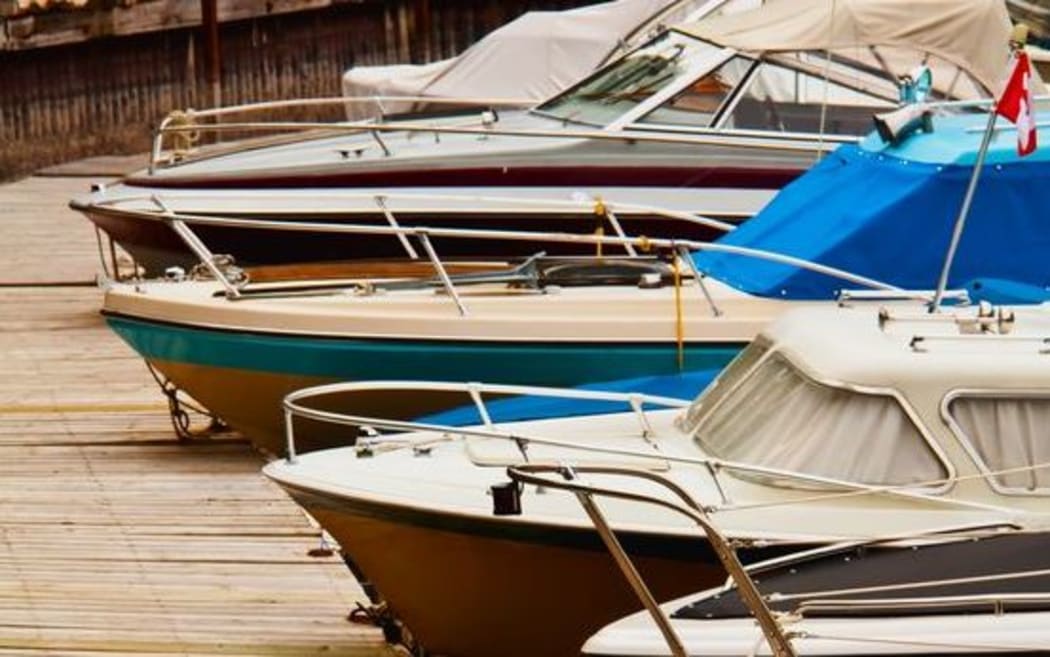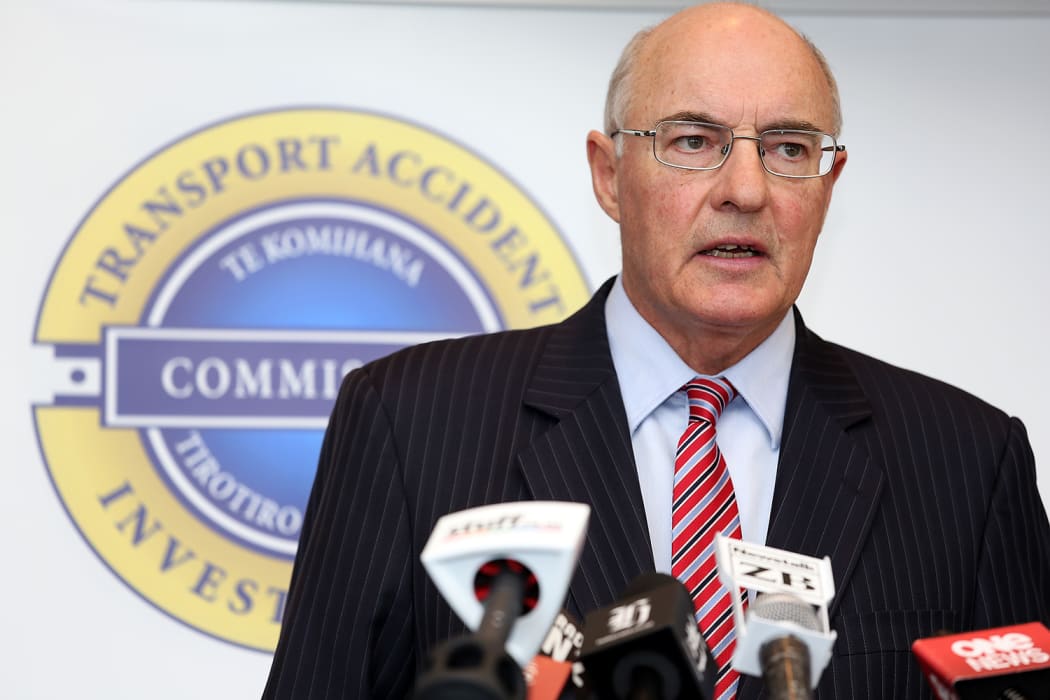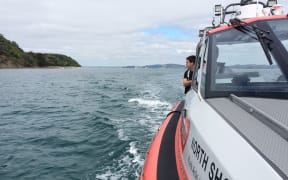Recreational boat users are slamming suggestions a licensing system be introduced, saying it will add a level of bureaucracy without making boating safer.
The Transport Accident Investigation Commission (TAIC) yesterday released its inaugural safety monitoring publication, Watch List, and said boaties should prove they understand safety rules and regulation before hitting the water.

Photo: 123RF
TAIC said a licensing system or other systems such as a day skipper course, would achieve better preparedness.
TAIC also said transport operators under the influence of alcohol and drugs, and a lack of personal locator beacon were among its key concerns.
But New Zealand Recreational Fishing Council president, Geoff Rowling, said raising awareness was sufficient.
"There is no guarantee that by licensing boaties that it's going to make a large amount of difference to what's going on at the moment," he said.
"We have car driving licences, but that doesn't stop people having accidents. I think there's a lot of education that can be done around boating rules without creating another layer of bureaucracy for people to extract money from the public for nothing."
Dean Stanley, former chief executive at the Royal Port Nicholson Yacht Club, agreed licensing was not required.
He said the boating communities he was involved with already had strong safety procedures in place.
"Everyone that I deal with in the sport is aware of them and abides by them - it's self-policed," he said.
"I don't think a level of regulation on top of that is going to necessarily add anything."
System flawed - TAIC
But TAIC chief commissioner, John Marshall, said the system was flawed, and maritime rules must place some form of obligation on recreational boat users to show they understand, and can follow the rules.
"No matter how safe a boatie may think they are, there is nothing in the system that can give them, their passengers, or other water users confidence that those sharing the waters are indeed competent to operate safely," he said.

TAIC chief commissioner John Marshall. Photo: RNZ
Leigh Burford, the father of a non-experienced boatie who died in August 2013, is pleading for a licensing system to be implemented.
His son, Jason Burford, 19, had bought a home-built fibreglass recreational boat, and went fishing to Southland's North Mavora lake with two friends on the day he died.
The trio attached a motor that was too powerful, and pulled the bracket it was attached to, creating a hole.
The boat sank, and while his friends made it to shore Mr Burford died in the water which was 7 degrees centigrade.
His father believes a warrant of fitness for boats and a licensing system could have made a difference.
"He would have some knowledge then, and he would have possibly had some training with other people who had experience on boats before he even bought one," he said.
Maritime New Zealand's Lindsay Sturt said it will have another look at the advantages and disadvantages of licensing later this year.
But he said measures would be costly, with about 900,000 recreational boaties in New Zealand.
Mr Sturt said the focus has been on safety awareness campaigns.
"You can pass a lot of legislation and a lot of law, it doesn't guarantee that people's behaviour is going to change," Mr Sturt said.
"We don't, for example, have on the waters a large number of people who would be able to enforce the law. Who would do the enforcement? It's not like the roads where you have a large number of police and traffic officers," he said.



